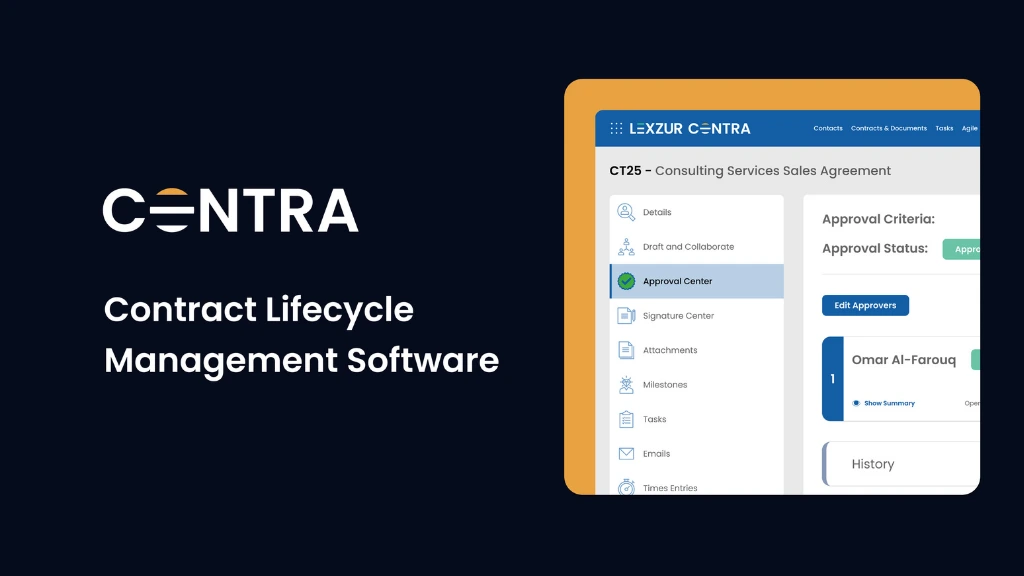If you’re a lawyer or someone working in the legal profession, you’re familiar with high-stress environments, demanding deadlines, and high stakes. Meeting client expectations can require long working hours under intense pressure, and this can take a toll, causing chronic stress, anxiety, compassion fatigue, secondary trauma, burnout, or even just self-doubt.
Given the competitive nature of the legal profession, you find yourself prioritizing work over well-being time and time again. Add to that the stigma of seeking help or disclosing mental health concerns, lawyers are often reluctant to seek support.
Mental Health Tips for Lawyers
- Stress Management Strategies
The first strategy you want to get in place is how and when you manage stress. First, recognize key stressors in your work and personal life. Then, prioritize your tasks and workload for the day, focusing on what truly needs your attention. That way you can delegate, postpone, or eliminate tasks that are not absolutely essential to get done for today to go forward smoothly.
Another important factor for managing stress is effective time management. You can use tools such as calendars, to-do lists, and project management software to organize your tasks and deadlines, and minimize time wasted. Make sure to break down larger tasks into smaller, more manageable steps. This helps you better visualize what’s needed, plus it feels good to cross items off the list, no matter how small.
Here’s a pro tip you wouldn’t expect. Take breaks! Yes, find short windows of opportunity to get your mind off what you’ve been working on. This helps you recharge and refresh your mind. It can also help reduce stress and ultimately increase productivity.
So even if you’re doing all that, the stress of the day might still become overwhelming. Regularly assess and adjust your stress management strategies to find what works best for you.
- Work-Life Balance for Attorneys
As lawyers, balancing work and personal life is not easy, but it is doable. It’s important to establish clear boundaries and determine specific time frames or days when you will not engage in work-related activities. Communicate your boundaries to colleagues and clients. In this time, engage in activities of self-care. This can look like exercise, or connecting with other legal professionals who can understand and relate to the challenges you face.
Moreover, it’s important to learn to delegate and automate tasks. Consider outsourcing non-essential tasks when possible, allowing you more time to focus on high-priority assignments. Leverage technology tools and applications to streamline work processes and increase efficiency. Practice is a perfect example of a Legal Management Software that streamlines, speeds up, and automates legal work, including case and matter management, document management, as well as customizable workflow and task automation. This can help reduce administrative burdens and free up time for non-work activities.

- Coping with High-Pressure Situations
Working as a lawyer means having to deal with high pressure situations on a daily basis. We’ve compiled useful techniques that you can use to ease stress and help you cope better in the long run. First. implement the 5-4-3-2-1 Technique. This technique helps ground yourself in the present moment when feeling overwhelmed. How it works is that you look around and identify five things you can see, four things you can touch, three things you can hear, two things you can smell, and one thing you can taste. This sensory exercise can shift your focus away from stress and bring you back to the present moment.
Second, use Visualization and Positive Affirmations. Create a mental image of yourself successfully navigating the high-pressure situation. Visualize a positive outcome and affirm your abilities and resilience. Repeat affirmations such as “I am capable and prepared to handle this challenge” or “I remain calm and focused under pressure.” Visualizing success and reinforcing positive self-talk can boost confidence and reduce anxiety.
Third, utilize Power Poses. Adopting confident and assertive body postures, known as power poses, can have a positive impact on your mindset and reduce stress. Before entering a high-pressure situation, spend a few minutes in a power pose. Stand tall, with your chest out and shoulders back, or try the “Superman” pose with hands on your hips. Power posing can help increase feelings of confidence and decrease stress hormones.
Fourth, practice Tactical Breathing. Use tactical breathing techniques to quickly reduce stress and regain focus. Breathe in deeply through your nose for a count of four, hold your breath for a count of four, exhale slowly through your mouth for a count of four, and then hold your breath again for a count of four. Repeat this cycle several times to activate the body’s relaxation response and calm your mind.
Finally, adopt an adaptive mindset that focuses on solutions and flexibility rather than getting stuck in negative or rigid thinking patterns. When faced with a high-pressure situation, consciously challenge negative thoughts or catastrophic thinking. Instead, reframe the situation as an opportunity for growth, problem-solving, or finding alternative approaches. Embracing adaptive thinking helps you stay adaptable and resilient in challenging moments.
Explore other healthy coping mechanisms that work for you. This can include activities like meditation, deep breathing exercises, journaling, or engaging in hobbies that help you unwind and relax.
- Mindfulness Practices for Lawyers
a. Mindful Breathing:
This practice involves taking a few moments to focus on your breath. Preferably, close your eyes and then notice your breath – the sensation of your breath entering and leaving your body, the rise and fall of your abdomen or the sensation of air passing through your nostrils. Whenever your mind wanders, gently bring your attention back to the breath.
b. Body Scan Meditation:
This practice requires a few minutes of undisturbed silence. Lie down or sit up straight and focus your attention on the different parts of your body starting from your head and ending at your toes. Notice any sensations, without judgment.
c. Mindful Walking & Eating
Take a mindful walk! This practice is perfect during your lunch break or between meetings. Slow down the pace at which you’re walking, and bring your attention to your feet and legs as they make contact with the ground. Notice the environment around you from sights, sounds and smells. Similarly, take a mindful approach to eating, and savor each bite! Pay attention to the taste, texture, and flavors of the food. Engage your senses fully with the experience of eating.
d. Mindfulness in Brief Moments:
Before entering a meeting or starting a task, take a few seconds to pause, take a deep breath, and set an intention for how you want to show up or approach the situation. Bring your full attention to the task at hand, focusing on one thing at a time, and letting go of distractions.
- Seeking Support for Lawyer Mental Health
-
- Lawyers’ Assistance Programs: These are organizations dedicated to supporting the mental health and well-being of legal professionals. These programs provide confidential assistance, counseling, and resources tailored to the legal community.
-
- Mental Health Professionals: They can provide a safe and confidential space to discuss your mental health concerns and offer guidance and treatment options.
-
- Employee Assistance Programs (EAPs): Many law firms, government agencies, or corporate legal departments offer confidential counseling, mental health services, and referrals to help employees address personal and professional challenges.
-
- Bar Associations: Local and national bar associations often have resources and support services for mental health lawyers. They may offer lawyer assistance programs, support hotlines, or provide information on mental health resources.
-
- Online Support Communities: Online platforms and communities provide spaces for lawyers to connect, share experiences, and seek support.
-
- Peer Support Groups: Connecting with other lawyers who have faced similar challenges can be invaluable. Peer support groups share experiences, receive support, and learn coping strategies from others in the legal community.
- Law School Support Services: Law schools often have counseling or wellness centers that offer support and resources to law students and alumni.






Leave a comment